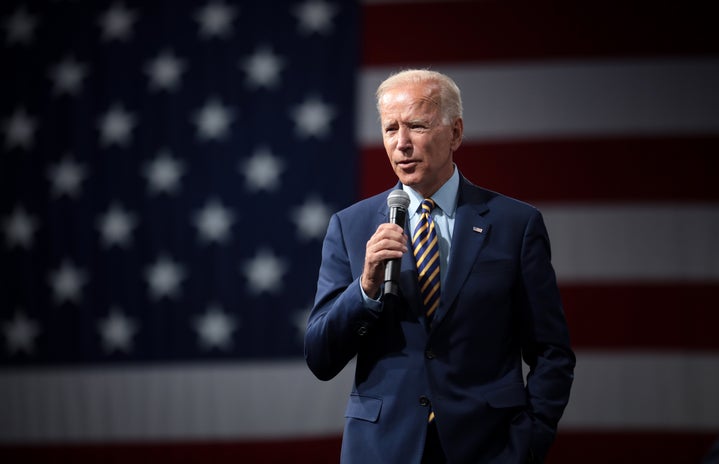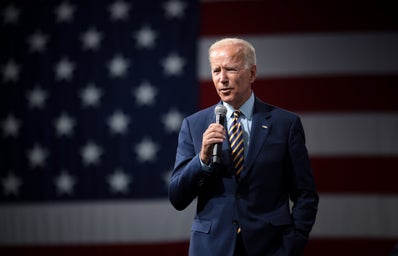Talk about Joe Biden’s plan for cannabis reform has been circulating since the beginning of his candidacy but it wasn’t until earlier this month that he announced, as President, the official steps he is taking to bring this reform into action. His plan consists of a three-step process to decriminalize the possession of marijuana on a national level and work towards further reform of how the drug is prosecuted and perceived in the public eye.
The first step of this plan was announced on October 6th, stating that his administration has granted unconditional pardons to those federally charged with or prosecuted for the simple possession of marijuana. This will benefit approximately 6,500 people convicted of federal cannabis possession but will not apply to those convicted of distributing or selling the drug.
Unfortunately, the vast majority of those facing time or other legal repercussions for marijuana related offenses have been charged with drug trafficking or intent to distribute, not simple possession of marijuana. Meaning that this pardon won’t affect most cannabis-related offenders. Additionally, this pardon only functions at the federal level meaning that those prosecuted for cannabis-related offenses at the state level, which is the majority, will also not be affected unless their governors decide to follow suit. This is a good step forward towards overall cannabis reform, but is not a cure all to the decades of discrimination communites of color have endured at the hands of unjust drug enforcement and criminalization.
Biden’s second step in his plan for cannabis reform is to urge governors to follow his lead and pardon convictions for the possession of marijuana as well. In his official statement from the white house he says, “Second, I am urging all Governors to do the same with regard to state offenses. Just as no one should be in a Federal prison solely due to the possession of marijuana, no one should be in a local jail or state prison for that reason, either.”
Earlier in the statement, President Biden brings attention to the disportationate harm marijuana laws have brought upon communities of color, specifically African Americans and Latinx people, “Sending people to prison for possessing marijuana has upended too many lives and incarcerated people for conduct that many states no longer prohibit. Criminal records for marijuana possession have also imposed needless barriers to employment, housing, and educational opportunities. And while white, black, and brown people use marijuana at similar rates, black and brown people have been arrested, prosecuted, and convicted at disproportionate rates.”
Unfortunately, because the President has no state jurisdiction, he is not able to mandate that states change their policies revolving around marijuana and drug offenses or that they follow his lead in pardoning possession convictions. Because of this, he is simply urging states to follow suit and hoping that they will do so.
Removing marijuana from Schedule I of the Controlled Substances Act is Biden’s final step in his three-step plan. Currently marijuana is classified under the same restrictions and risk level as heroin, fentanyl, and methamphetamine. Many are hoping that removing marijuana as a schedule I substance will lead law markers to eventually deschedule the drug from the controlled substances act all together, legalizing it entirely. Again, while this is a massive step forward it is still in the works and could be a long time before the rescheduling actually takes place.
President Biden’s three-step plan is a great start to the process of federally decriminalizing marijuana but is far from making the changes Americans are looking for. It will be a long tough process before marijuana can be federally decriminalized in this country. With the overall fate of decriminalization left in the hands of Congress, it is hard to say what will happen. It is safe to say further reform is necessary to dismantle the system that has resulted in so many unnecessary incarcerations that have upended lives and devastated communities.
The American public is tired of racialized hate embedded in marijuana policies and procedures and the rampant discrimination in the way these polices and procedures are carried out. May this plan lay the groundwork for the further changes that need to be made. It’s about time something is being done but this is simply not enough.


